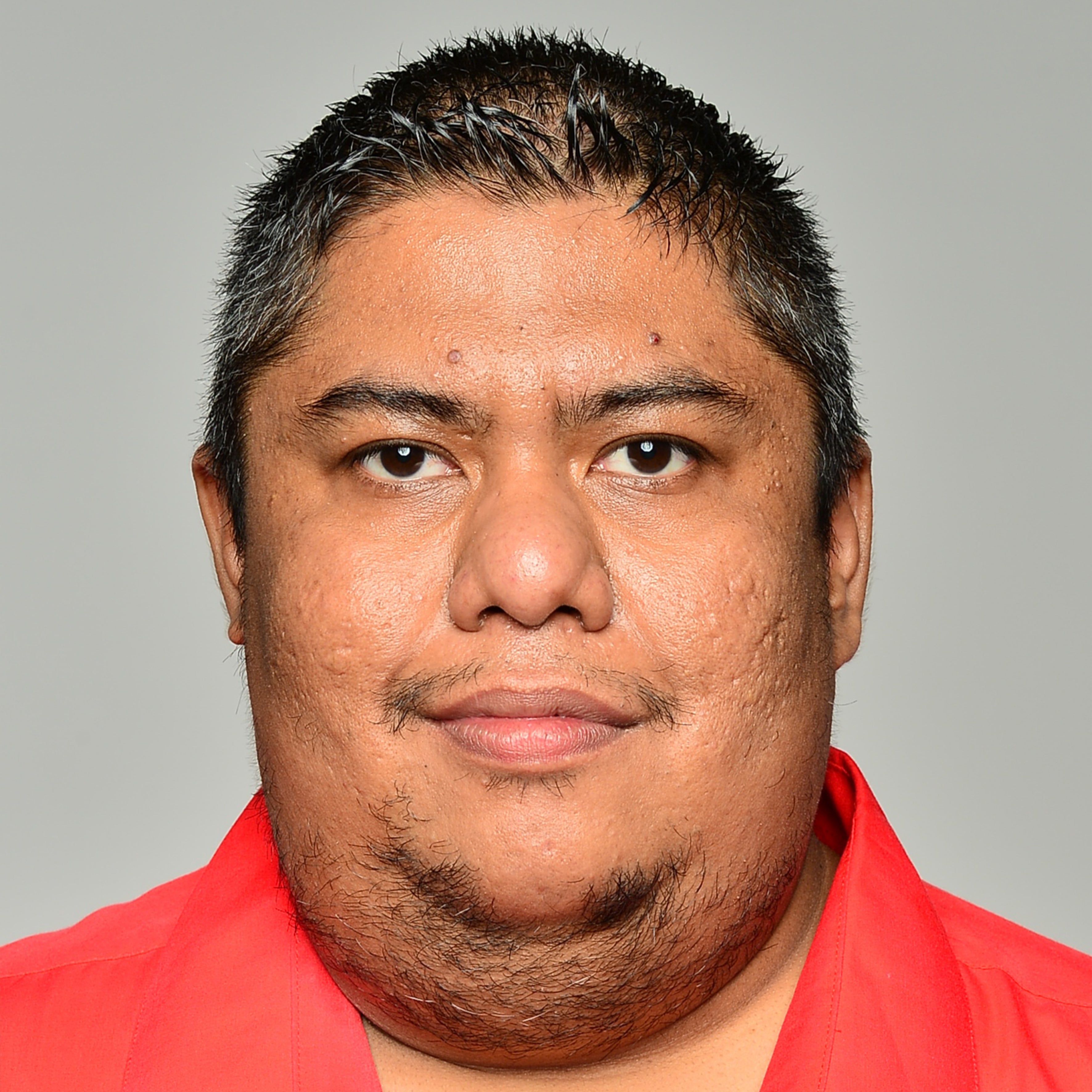The explosion of political dynasties in Malaysia's future
Some call it a political dynasty, while others refer to it as a legacy.

SHAH ALAM - Recalling the history of popular ancient civilisations, including the genealogy of the Malacca Malay Sultanate, family ties or genealogical connections have been used as the foundation for political continuity to maintain power.
To this day, this practice remains common. Some call it a political dynasty, while others refer to it as a legacy.
A 2018 study showed that more than one in ten leaders worldwide came from families with close relatives involved in politics.
Surprisingly, Malaysia is now surrounded by neighbouring countries in Southeast Asia that primarily elevate elite leaders with blood ties or nepotism.
In Thailand, the legacy of former Prime Minister Thaksin Shinawatra continues as his daughter, Paetongtarn, 36, followed the footsteps of her father and aunt, Yingluck, by becoming Prime Minister.
In Cambodia, the administrative dynasty of the country’s authoritarian leader, Hun Sen, has been passed on to his son, Hun Manet.
This is followed by the Philippines (the Marcos family dynasty) and the rise of Gibranism, involving the eldest son of Indonesia's President, Joko Widodo, in the republic, along with the legacy of Lee Kuan Yew's family in Singapore.
Malaysia is not exempted from having a history of political dynasties or legacy leaders.
This scenario was evident with the appointment of the second Prime Minister Tun Abdul Razak Hussein’s son Datuk Seri Najib Razak, as the country’s sixth prime minister in 2008.
Contagious Trend
With the resurgence of legacy leadership in Southeast Asia, there is significant potential for this trend to ‘spread’ to Malaysia following the 16th General Election (GE16).
This was acknowledged by Ilham Centre executive director, Hisomuddin Bakar, who noted that several heirs of prominent political figures in the country were being given a ‘path’ to climb the political ladder in parties and government.
“For example, the children of Datuk Seri Najib; Datuk Mohd Nizar, Datuk Mohd Nazifuddin and Nooryana Najwa, are now holding positions in Umno and state governments, with the potential to rise to the top in future election cycles.
“Additionally, we see the Johor Menteri Besar Datuk Onn Hafiz Ghazi (great-grandson of Umno founder, Datuk Onn Jaafar), who has significant potential to follow in the footsteps of his uncle, Datuk Seri Hishammuddin Hussein, to hold a key position in the central government.
“In Pakatan Harapan (PH), Parti Keadilan Rakyat (PKR) vice president, Nurul Izzah Anwar, is considered the main candidate to succeed her father Datuk Seri Anwar Ibrahim as PKR President and Prime Minister after GE17.
“This is evident as Nurul Izzah retained her position as PKR vice president despite not contesting in the 2022 party elections and failing to defend the Permatang Pauh seat in GE15,” he told Sinar Premium.
Discussing the potential candidates for the position of Prime Minister aside from Nurul Izzah and Onn Hafiz, Hisomuddin believed that former health minister Khairy Jamaluddin (son-in-law of the fifth prime minister Tun Abdullah Ahmad Badawi); former senior defence minister Datuk Seri Hishammuddin Tun Hussein (son of the third prime minister, Tun Hussein Onn) and former Kedah Menteri Besar Datuk Seri Mukhriz Mahathir (son of the two-time prime minister, Tun Dr Mahathir Mohamad) still had opportunities despite currently being outside the mainstream political circle.
“For these sidelined leaders, it is expected that they will work on repositioning themselves politically within the next two years before GE16.
“We can see how Khairy, along with his podcast partner Shahril Sufian Hamdan (former Umno Information chief), are making efforts to position themselves through social media platforms so as not to be forgotten by the public.”
"For Hishammuddin and Mukhriz, so far, they have not shown any signs of a comeback as important political figures in the country. However, anything is possible in the near future if a reconfiguration of the political landscape occurs," he said.
In the opposition bloc, Hisomuddin observed that the scenario of political dynasty expansion in Pas and Parti Pribumi Bersatu Malaysia (Bersatu) was unlikely to occur.
“With Bersatu president Tan Sri Muhyiddin Yassin, not involving his family members in the party’s leadership, only former Pas Youth chief Khalil Abdul Hadi, who is the son of party president Tan Sri Abdul Hadi Awang, seems most likely to lead the party in the future.
“The legacy of former Pas Mursyidul Am, Tan Sri Nik Abdul Aziz Nik Mat, can also be considered to have ended after former Bachok MP, Nik Mohamad Abduh, did not secure a place in the new party leadership,” he said.
Meanwhile, former Klang Member of Parliament Charles Santiago emphasised that the trend of political dynasties is indeed happening within PH and DAP leadership, although their selection process focuses on democratic principles.
For example, the legacy of the Lim family, led by DAP advisor Tan Sri Lim Kit Siang, and the dynasty of the late Karpal Singh still hold a firm place within the party, despite the emergence of new, talented faces in the leadership lineup under Secretary-General Anthony Loke.
“However, it is quite difficult for the legacy of these two prominent families in DAP to be elevated as the next Prime Minister candidates.
“This is because the country’s democratic system sees only Malay Muslim natives as having the potential to become Prime Minister, and I believe this practice will continue in the next political cycle.
“Therefore, the best opportunity for us to see the next Prime Minister from a political dynasty legacy is Nurul Izzah, with the expectation that this will become a reality within the next 10 years,” he said.











